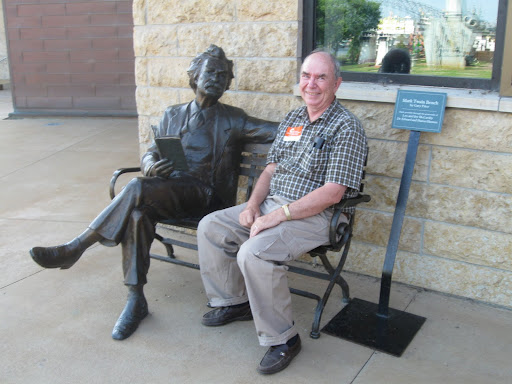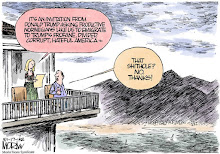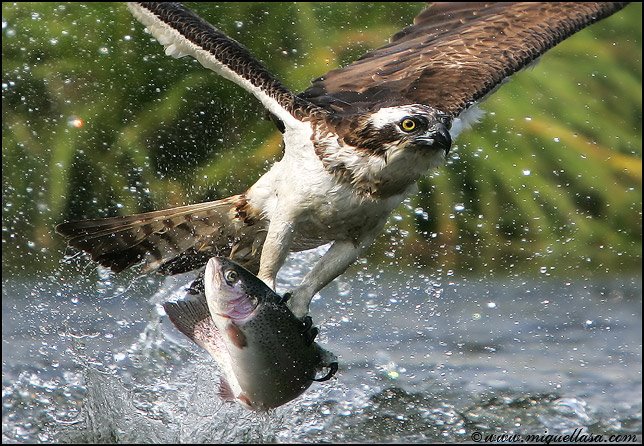Continuing with a few of my favorite poems. It's not a top ten list of any kind. Just a few of those poems which I remember well because at a certain point in my life they had influence and meaning to me personally. I started with Percy Bysshe Shelly and
Ozymandias. My next choice was
The Testament of a Fisherman by Robert Traver. My next choice is
Dover Beach by Mathew Arnold.
I don't believe I would have chosen this poem a few decades ago. History though shows us the ebb and flow of civilizations and life. Recent years have brought us the loss of our eldest son, five grandchildren who live far away and our 50th wedding anniversary along with serious health issues. The daily news sees numerous crises, tragic events along with a potential catastrophe unfolding at the nations center. Yes Dover Beach speaks to me these days......
The sea is
calm tonight.
The tide is
full, the moon lies fair
Upon the
straits; on the French coast the light
Gleams and
is gone; the cliffs of England stand,
Glimmering
and vast, out in the tranquil bay.
Come to the
window, sweet is the night-air!
Only, from
the long line of spray
Where the
sea meets the moon-blanched land,
Listen! you
hear the grating roar
Of pebbles
which the waves draw back, and fling,
At their
return, up the high strand,
Begin, and
cease, and then again begin,
With
tremulous cadence slow, and bring
The eternal
note of sadness in.
Sophocles
long ago
Heard it on
the Ægean, and it brought
Into his
mind the turbid ebb and flow
Of human
misery; we
Find also in
the sound a thought,
Hearing it
by this distant northern sea.
The Sea of
Faith Was once, too, at the full, and round earth’s shore
Lay like the
folds of a bright girdle furled.
But now I
only hear
Its
melancholy, long, withdrawing roar,
Retreating,
to the breath
Of the
night-wind, down the vast edges drear
And naked
shingles of the world.
Ah, love,
let us be true
To one
another! for the world, which seems
To lie
before us like a land of dreams,
So various,
so beautiful, so new,
Hath really
neither joy, nor love, nor light,
Nor
certitude, nor peace, nor help for pain;
And we are
here as on a darkling plain
Swept with
confused alarms of struggle and flight,
Where
ignorant armies clash by night.

























 ORION MAGAZINE ANNOUNCES THE WINNEROF THE 2008 ORION BOOK AWARD
ORION MAGAZINE ANNOUNCES THE WINNEROF THE 2008 ORION BOOK AWARD

















